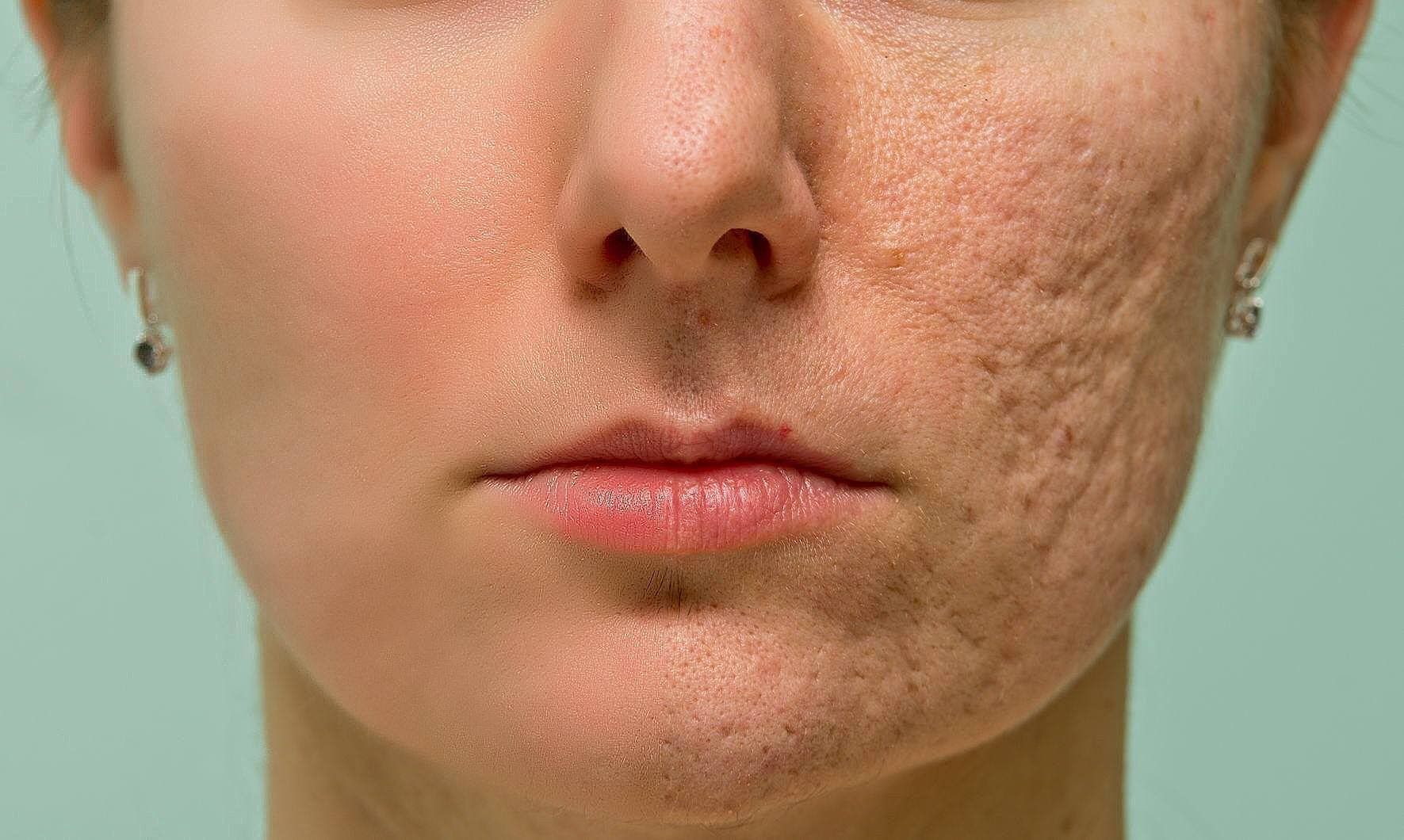Sleep is a vital component of overall health, especially for commercial drivers responsible for long hours on the road. Proper rest ensures alertness, focus, and the ability to make quick, sound decisions while navigating traffic or responding to unexpected situations. However, untreated sleep disorders such as sleep apnea, insomnia, or excessive fatigue can pose significant challenges, particularly when preparing for your DOT Physical Exam. These conditions not only jeopardize safety but may also hinder your ability to pass the exam. Identifying, managing, and effectively treating these issues is essential for meeting certification requirements and ensuring road safety.
Understanding the Impact of Sleep Disorders on Driving
Sleep disorders, such as sleep apnea, insomnia, and restless leg syndrome, can severely affect your ability to drive safely. These conditions lead to fatigue, slowed reaction times, and impaired judgment, which can cause accidents. For drivers preparing for a DOT Physical Exam, untreated sleep issues may disqualify them from receiving certification.
Medical examiners evaluate your overall health, including factors like sleep quality, to ensure you are fit to operate a commercial vehicle. Addressing sleep disorders before your exam can not only improve your health but also increase your chances of passing the evaluation.
Common Types of Sleep Disorders Affecting Drivers
Several sleep disorders can interfere with the daily responsibilities of commercial drivers. Understanding these conditions is the first step to addressing them effectively:
- Obstructive Sleep Apnea (OSA): OSA causes repeated interruptions in breathing during sleep, leading to daytime drowsiness. It’s one of the most scrutinized conditions during a DOT Physical Exam.
- Insomnia: Persistent difficulty falling or staying asleep can result in chronic fatigue, a significant safety risk for drivers.
- Narcolepsy: This rare but severe disorder causes sudden bouts of sleep, making it unsafe for individuals to operate vehicles without proper management.
- Restless Leg Syndrome (RLS): RLS creates uncomfortable sensations in the legs, disrupting sleep patterns and contributing to fatigue.
Recognizing symptoms of these conditions and seeking medical advice can help you prepare better for the exam and improve your driving safety.
Preparing for Your DOT Physical Exam with Sleep Disorders
Addressing sleep disorders involves a proactive approach. Drivers must take the necessary steps to ensure their condition is properly diagnosed and managed before the medical examination.
- Consult a Specialist: If you suspect a sleep disorder, consult a sleep specialist for diagnosis and treatment. Many conditions, like sleep apnea, are manageable with therapies such as CPAP machines or lifestyle changes.
- Document Your Treatment: For conditions like sleep apnea, ensure you have records showing consistent use of prescribed treatments. Medical examiners may request this documentation during the DOT Physical Exam service in Tampa to confirm your compliance and fitness to drive.
- Improve Sleep Hygiene: Small changes in your daily routine, such as maintaining a consistent sleep schedule, avoiding caffeine before bed, and creating a comfortable sleep environment, can enhance your overall rest quality.
Lifestyle Changes to Combat Sleep Disorders
Making lifestyle adjustments can significantly reduce the severity of sleep disorders. These changes not only improve sleep quality but also contribute to better overall health:
- Maintain a Healthy Weight: Conditions like sleep apnea are often linked to obesity. Losing weight through diet and exercise can reduce symptoms and improve breathing patterns during sleep.
- Reduce Alcohol and Tobacco Use: Both substances can interfere with sleep cycles, worsening conditions like insomnia and sleep apnea.
- Exercise Regularly: Physical activity helps regulate sleep patterns and alleviates stress, a common trigger for many sleep disorders.
By incorporating these changes, drivers can prepare themselves better for their DOT Physical Exam and enjoy long-term health benefits.
Tips for a Successful DOT Physical Exam with Sleep Disorders
Preparing for a DOT Physical Exam while managing a sleep disorder requires diligence. Here are some tips to help you succeed:
- Bring Documentation: Carry medical records and treatment compliance reports for any diagnosed sleep disorders. This demonstrates your commitment to managing your condition.
- Communicate Honestly: Be transparent with the medical examiner about your condition and treatments. Hiding symptoms can lead to disqualification or delays in certification.
- Stay Consistent with Treatment: If prescribed a CPAP machine or other therapies, ensure you use them as directed. Consistency not only improves your health but also reassures the examiner of your readiness to drive safely.
Long-Term Benefits of Addressing Sleep Disorders
Taking steps to manage sleep disorders doesn’t just help with passing a DOT Physical Exam—it also enhances your quality of life. Improved sleep leads to better focus, energy, and mood, which are essential for both personal well-being and professional performance.
Investing in your health by treating sleep disorders allows you to approach your driving responsibilities confidently and safely. Prioritizing rest ensures you meet the demands of your career while maintaining optimal health.
Conclusion
Sleep disorders can present significant challenges for commercial drivers, but they are manageable with the right approach. By understanding your condition, seeking treatment, and making lifestyle adjustments, you can improve your health and increase your chances of passing the DOT Physical Exam.









